What Are Child Support Arrears?
Arizona family law requires that co-parents provide ‘reasonable support’ to their children. This requirement of support does not go away in cases of divorce or separation. Family law courts may enforce child support agreements to force parents to abide by the law. Sometimes, for whatever reason, the non-custodial parent may find it challenging to keep up with the child support payments. Often, this is not a purposeful decision but rather the result of a significant change in their life. Common reasons someone might fall behind in child support payments include losing one’s job, a new job paying too little, a medical condition, or the inability to pay the accrued amount because of interest rates.
When the non-custodial parent gets behind on their child support payments, those unpaid payments start to add up. The accruement of unpaid child support is known as child support arrears (or arrearages).
If you are facing a growing amount of child support arrears, it’s natural that you may feel overwhelmed by the daunting cost of it all. There may be ways to have past-due child support payments reduced or dismissed, though.
What Are the Two Types of Child Support Arrears?
There are two types of unpaid child support payments: assigned and unassigned.
Firstly, Assigned Child Support (ACS) arrears add up when the noncustodial parent fails to uphold their end of the child support obligation while the custodial parent is in a situation where they are on public assistance. In such a situation, the noncustodial parent owes child support arrears to the state government, not to their ex-partner, as the government is responsible for supporting the child during this time.
With Assigned Child Support arrears, there is no guarantee that the custodial parent will ever see any of the money. It is entirely up to the noncustodial parent to pay off everything they owe to the state. The remainder will go to the custodial parent if anything is left over after providing the child with what they need.
If a noncustodial parent owes money to the state in child support arrears, they may find themselves in a difficult position, as the state almost always wants what they are owed. However, some states may be willing to negotiate debts and work out a payment plan.
Unassigned Child Support (UCS) arrears are the other type of unpaid child support. This type of child support arrears refers to overdue, past-due child support payments that the noncustodial parent owes directly to the custodial parent. In this situation, the state government receives no child support payments.
What is the Difference Between Child Support Arrears and Retroactive Child Support?
In some child support cases, the judge may order retroactive child support payments from before the court order was in place. Retroactive child support may be ordered in cases where it took a long time for child support requests to work through the family law system.
Child support arrears, on the other hand, are for missed and unpaid child support payments that were previously agreed upon.
Can You Get Child Support Arrears Reduced or Waived in Arizona?
Just as there are several legitimate reasons why someone may be unable to pay child support, there are also several ways to argue for child support arrears to be reduced or dismissed.
How to get child support arrears waived or reduced:
- Contact the co-parent and alert them to your changed circumstances, explaining why you cannot pay off child support as previously agreed upon. The co-parent may be willing to modify the child support agreement to reflect your changed situation so that you can meet your child support obligations again. While this may be the most surefire way to have child support arrears forgiven, the drawback is that it requires you to be on fairly good terms with the co-parent.
- Draft a new written agreement. This will require the cooperation of both parents, and it would be wise to include child support attorneys as well. This new written document can replace the old agreement and help make things easier for both parties in the future. The court will need to sign off on any new agreement, however, as it must always act in the child’s best interests. Additional later edits may be required.
- Get the court to waive child support arrears. This is difficult and may prove nearly impossible in cases of assigned child support. The co-parent can negotiate a waiver of child support arrears with the courts. If the courts approve, they may allow the child support arrears to be waived and a new agreement to take place of the old one.
There is no easy path to having child support arrearages dismissed, waived, forgiven, or reduced. However, the courts are not entirely unreasonable, and they may listen to arguments for why you cannot pay off your unpaid child support. It is highly recommended that, before you file with the courts or speak with the co-parent, you speak with experienced family law attorneys about your case. They can help provide legal insight into how to proceed towards the most satisfying outcome.
Schedule an In-Depth Case Evaluation with Experienced Child Support Lawyers
Arizona Family Law Attorneys proudly represent clients facing difficult legal matters under the umbrella of family law. If you are contending with accrued unpaid child support payments, you need legal assistance if you are to be able to keep your head above water.
Speak to our law firm about your case and learn more about how we can help. You may contact our Phoenix-based law offices at (480) 448-0608.

 Schedule A Consultation!
Schedule A Consultation! Call Us Now
Call Us Now Email Us Now
Email Us Now






